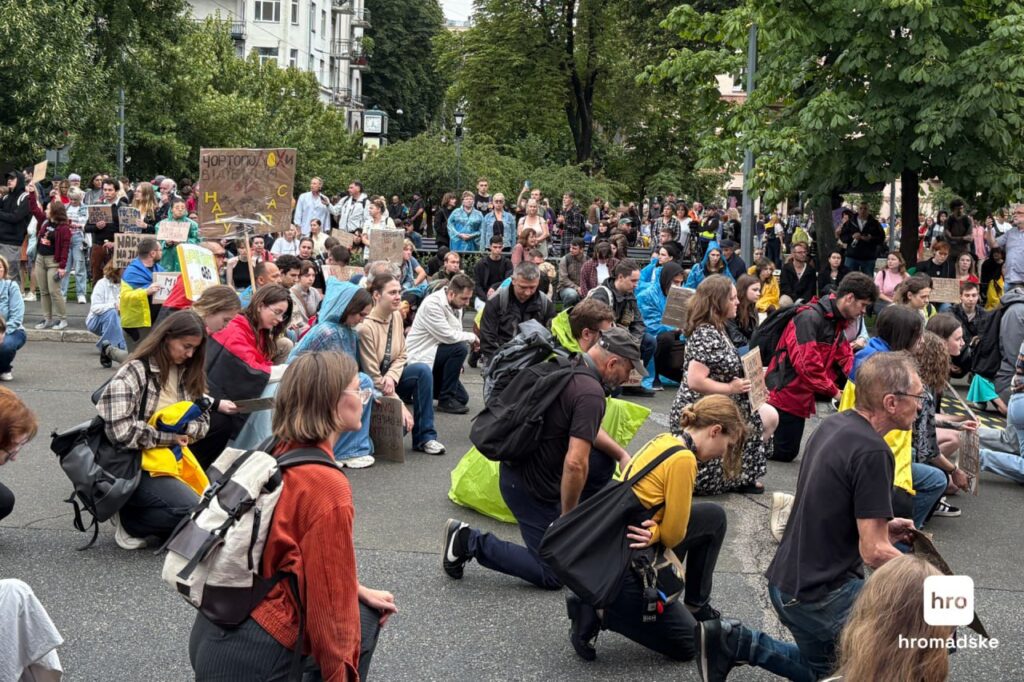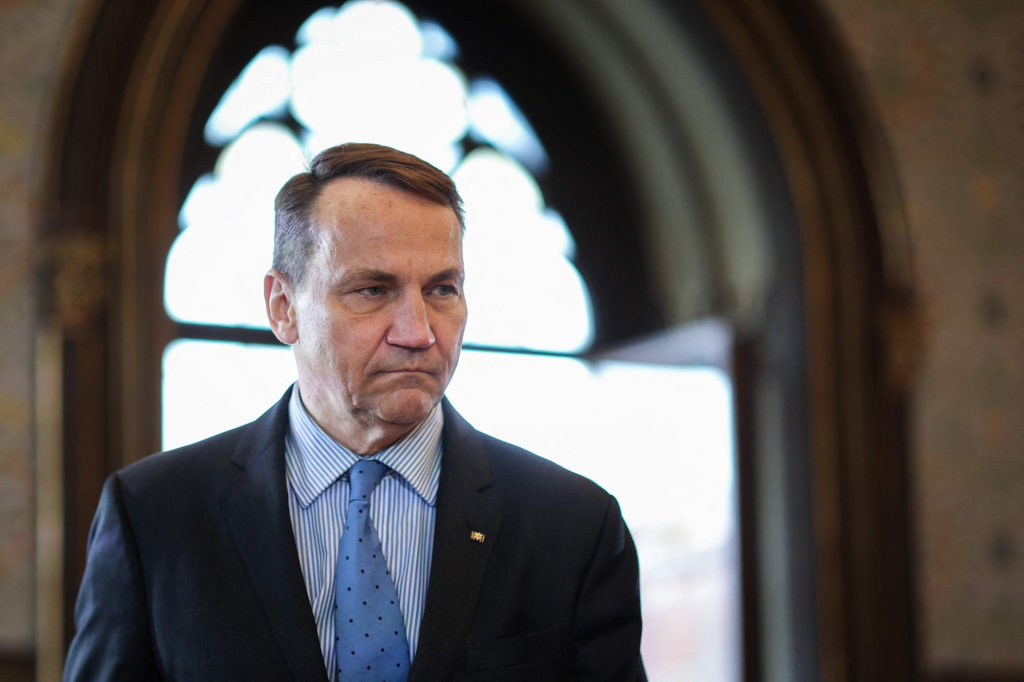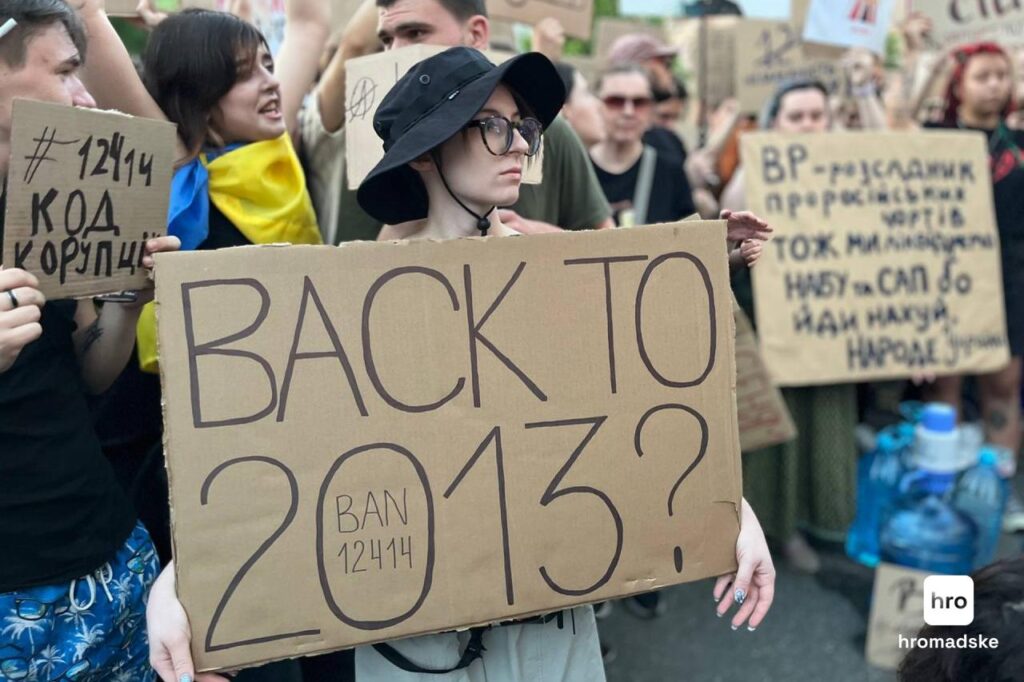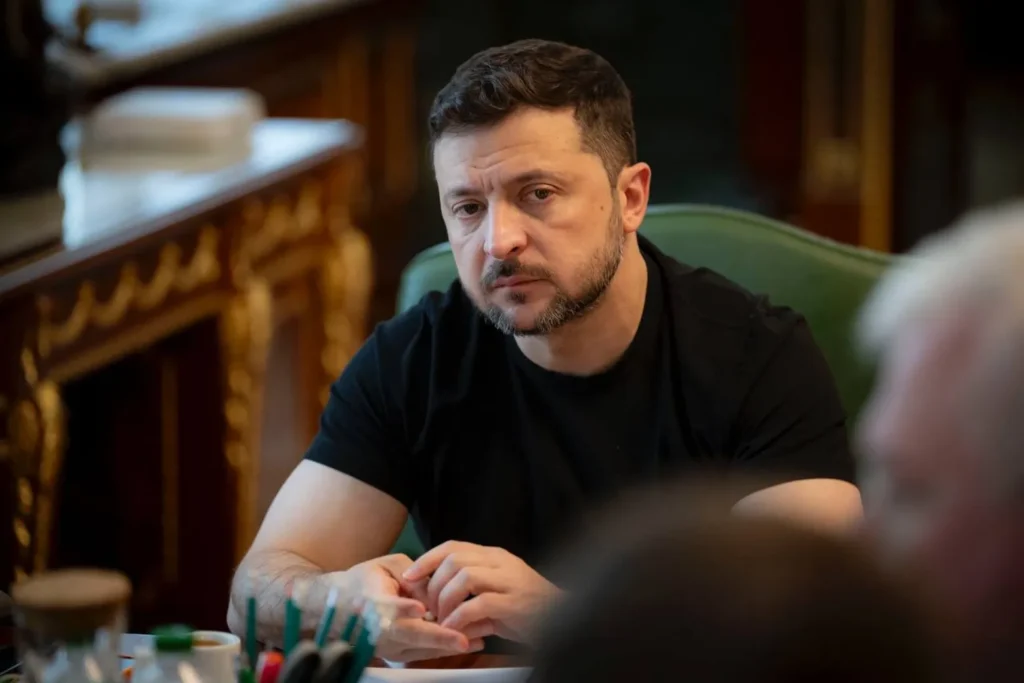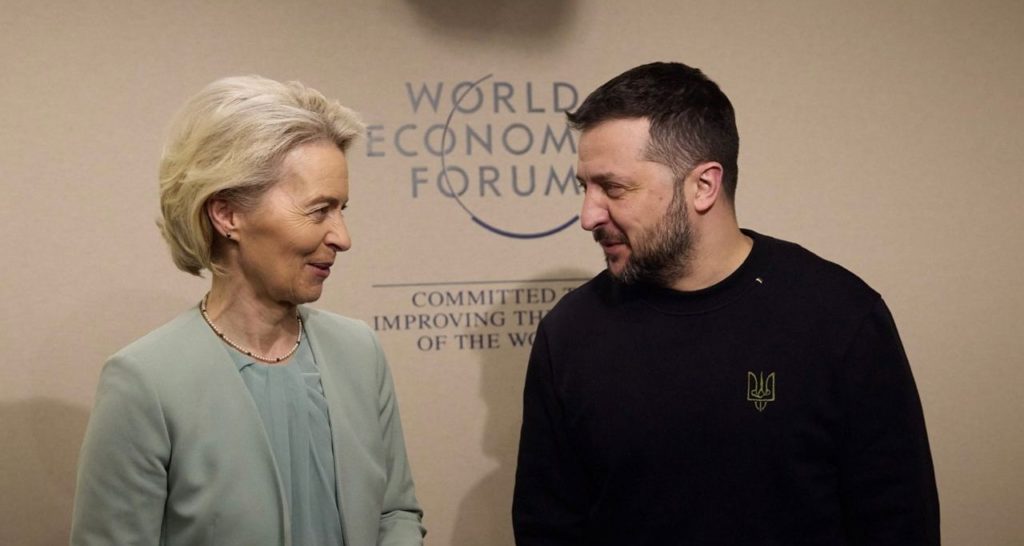Germany says Ukraine’s anti-corruption law “necessary” but not sufficient
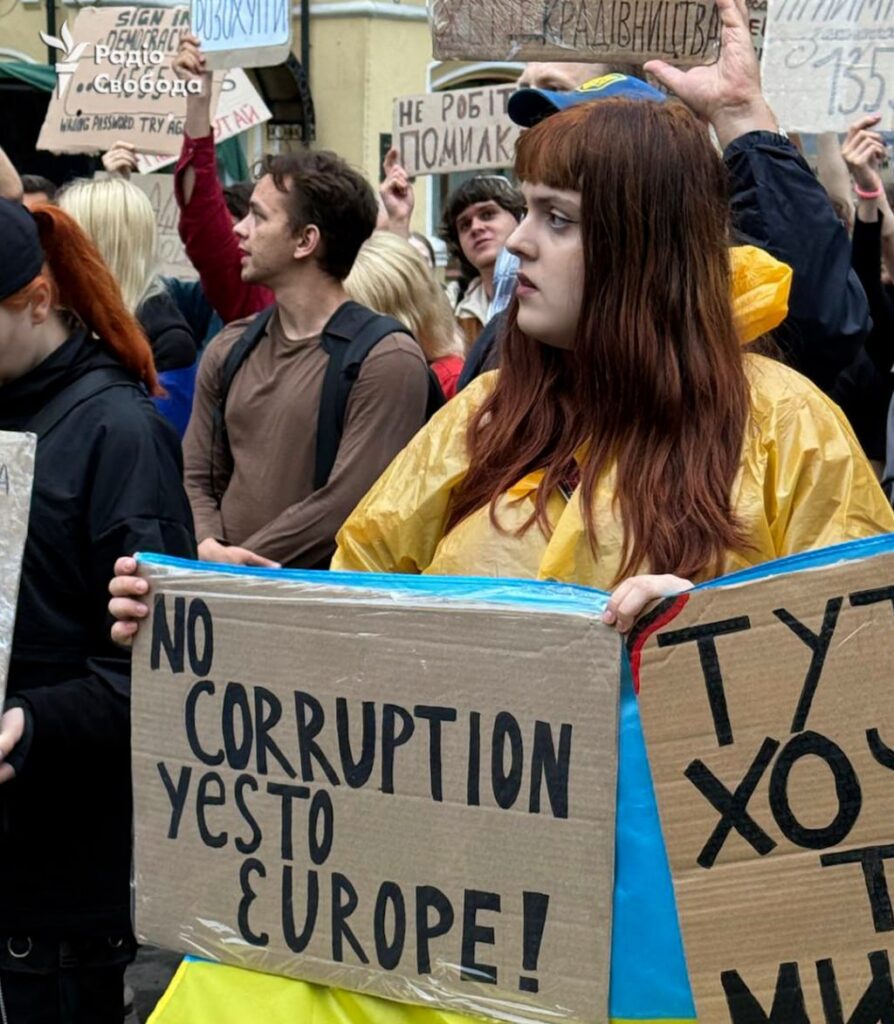
Germany has called for continued anti-corruption reforms following Ukraine’s parliament approval of law №13533, designed to restore independence to the National Anti-Corruption Bureau (NABU) and the Specialized Anti-Corruption Prosecutor’s Office (SAPO).
The German Foreign Ministry described the parliamentary vote as “a positive and necessary step on the path to restoring lost trust.” However, Berlin emphasized that more work remains ahead.
“Now it is necessary to continue reforms in the sphere of fighting corruption,” the German Foreign Ministry reported.
On 31 July, Ukraine’s Verkhovna Rada (Ukraine’s Parliament) supported the presidential bill №13533 on restoring the independence of NABU and SAPO. President Volodymyr Zelenskyy signed the document shortly after its parliamentary passage.
The move represents a reversal from events, when on the evening of 22 July Zelenskyy signed a law that limited the independence of the anti-corruption institutions NABU and SAPO.
That decision prompted thousands of people to participate in protest rallies in Kyiv and other Ukrainian cities.
Western politicians also pressured Ukraine to strengthen its institutional framework for combating corruption, particularly as the country continues to receive substantial Western financial and military support.
Following the approved law which reportedly restores the independence of anti-corruption agencies, the European Union has confirmed it has no plans to freeze funding for Ukraine, addressing speculation about potential financial consequences tied to the anti-corruption legislation.
